- Monitoring & Evaluation
Building sustainable public data systems and utilizing geospatial data and digital tools to advance social interventions at the last mile - DRC

In 2022, the Bill and Melinda Gates Foundation’s Geospatial Insights Support Team (BMGF-GIST) in partnership with Dev-Afrique conducted an assessment to understand and bolster Nigeria’s health geospatial ecosystem
Geospatial Value Pipeline Delivery- DRC
IIn 2023, the Bill and Melinda Gates Foundation’s Geospatial Insights Support Team (BMGF-GIST) collaborated with Dev-Afrique to conduct a geospatial landscape assessment aimed at understanding and enhancing the health geospatial ecosystem in the Democratic Republic of Congo (DRC). The assessment unveiled substantial gaps, including the lack of a centralized data repository, and limited geospatial skills.
Dev-Afrique supported the BMGF-GIST by developing a strategic dissemination plan, including stakeholder mapping and engagement, and tailored materials for various groups. This approach facilitated the crowdsourcing of ideas through engagement with the Ministry of Health’s Agence Nationale de l’Ingénierie Clinique et du Numérique de la Santé (ANICNS) and Division du Système National d’Information Sanitaire (DSNIS). The successful dissemination heightened visibility, encouraging innovation within DRC’s health geospatial ecosystem. Dev-Afrique’s ongoing support in stakeholder engagement and government relations signifies a significant stride toward advancing geospatial technology for health in the DRC.
In numerous African countries, the absence of a precise population count, often caused by delayed enumeration, requires the reliance on population estimates for decision-making. However, these estimates usually lack the detailed information needed to target specific demographics for tailored interventions RAMP, an open-source AI/ML project, employs a results framework centered on addressing key issues related to building footprint data extraction from satellite imagery.
The machine learning model developed by RAMP achieves precision scores between 83-85% and recall between 82-84%. The model is designed to be re-trained and deployed in various geographies, enabling the generation of updated building data faster than traditional manual digitization methods and surpassing the timeliness of common building data sources like OpenStreetMap. The on-demand update of building footprint datasets presents immediate benefits for critical use cases such as microplanning, malaria bed net distribution, disaster response planning, and infrastructure planning efforts.
While obtaining accurate data is crucial, its potential impact is realized when put into action. Integrating this data into tools used by the global development community, exemplified by platforms like Reveal, empowers community health workers to navigate communities efficiently and complete their tasks effectively.

Connect
Contact us
- contact@dev.africa
- www.dev.africa
Locations: HQ – Nigeria / DRC / Ethiopia / Ghana / Kenya / Rwanda / Zambia / Sierre-Leone / Burkina- Faso




